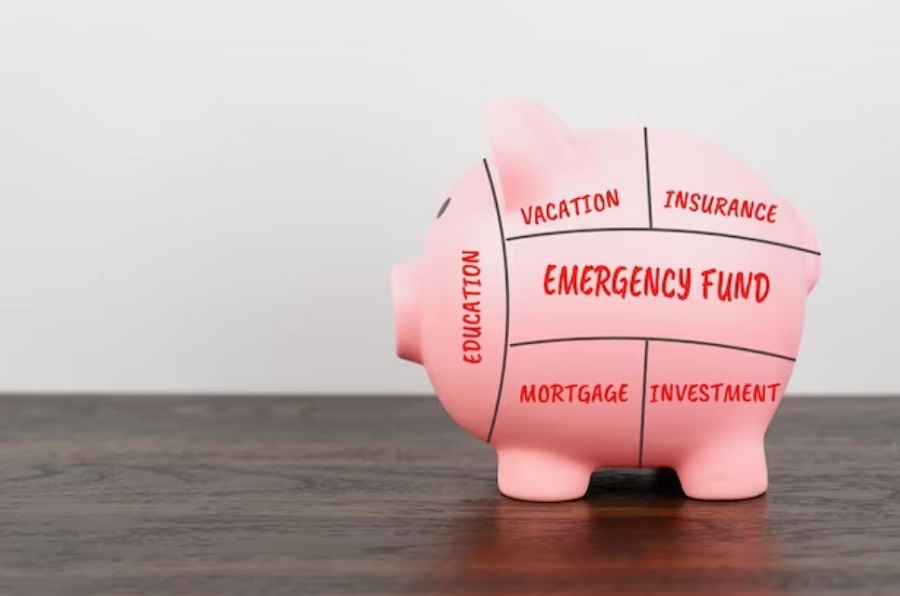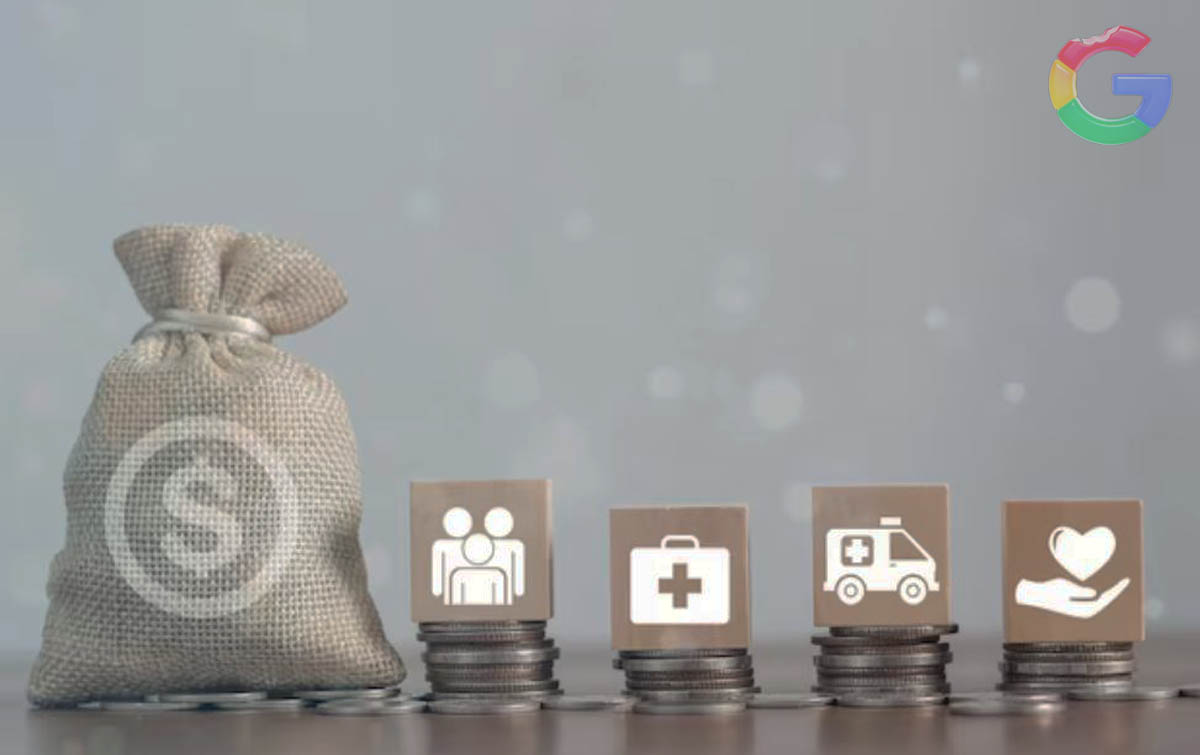Life can be unpredictable, and it’s always better to be prepared for any financial emergencies that might arise. You never know when you might face unexpected expenses, like a medical emergency or a sudden job loss. This is why it’s important to have an emergency fund set aside to help you weather any unexpected financial storms.
But how much emergency fund do you actually need? This is a question that many people struggle with, as there are no hard and fast rules when it comes to calculating your emergency fund. However, in this article, we’ll provide you with some guidelines to help you determine how much emergency fund you should have.
What Is An Emergency Fund?

Firstly, let’s define what an emergency fund actually is. An emergency fund is a sum of money that you set aside for unforeseen events or situations. The purpose of an emergency fund is to provide you with financial stability and peace of mind during difficult times.
Typically, an emergency fund should cover your living expenses for a certain period of time. This will vary depending on your personal circumstances, but most financial experts recommend having at least 3 to 6 months’ worth of living expenses saved up in your emergency fund.
How Much Emergency Fund Do You Need?
Now, let’s talk about how much emergency fund you actually need. As mentioned earlier, there are no hard and fast rules when it comes to calculating your emergency fund. However, here are some guidelines that you can follow to determine the amount you need:
● Calculate Your Monthly Expenses
The first step is to calculate your monthly expenses. This includes all your essential expenses, like rent or mortgage payments, utilities, groceries, and transportation. You should also include any non-essential expenses that you can’t live without, like your phone bill or internet bill.
● Multiply Your Monthly Expenses By The Number Of Months You Want To Be Covered For
Once you’ve calculated your monthly expenses, you need to multiply that amount by the number of months you want to be covered for. As mentioned earlier, most financial experts recommend having at least 3 to 6 months’ worth of living expenses saved up in your emergency fund. So, if your monthly expenses are $2,000, and you want to be covered for 6 months, you’ll need to save up $12,000.
● Consider Your Personal Circumstances
Of course, your personal circumstances will also play a role in determining how much emergency fund you need. For example, if you have a stable job and a steady income, you may not need as much emergency fund as someone who is self-employed or working in an unstable industry.
On the other hand, if you have dependents or a mortgage, you may need to have a larger emergency fund to cover your expenses in case of an unexpected event.
Types of Emergency Expenses
● Medical Emergencies
A sudden illness or injury can lead to significant medical expenses. Even with health insurance, deductibles and out-of-pocket costs can add up quickly. It’s essential to have enough money set aside to cover these unexpected medical expenses.
● Home Repairs
From a leaky roof to a broken water heater, unexpected home repairs can quickly drain your finances. It’s important to have a fund set aside for home repairs, especially if you own your home.
● Car Repairs
Whether it’s a flat tire, a broken transmission, or a faulty brake system, unexpected car repairs can be costly. Having an emergency fund set aside for car repairs can help you avoid taking on debt to fix your vehicle.
● Job Loss
Losing your job can be a stressful and financially challenging experience. Having an emergency fund can help you cover your basic expenses while you search for a new job.
● Family Emergencies
Unexpected events such as a family member’s death, a divorce, or a legal issue can lead to significant expenses. Having an emergency fund can help you cover these unexpected costs without having to rely on credit cards or loans.
Conclusion
In conclusion, an emergency fund is an essential part of any financial plan. While the amount needed may vary depending on your individual circumstances, it’s crucial to have enough money set aside to cover unexpected expenses.
By following the steps outlined in this article, you can determine the appropriate amount for your emergency fund and start saving today. Remember, having an emergency fund can provide peace of mind and financial security during challenging times.

